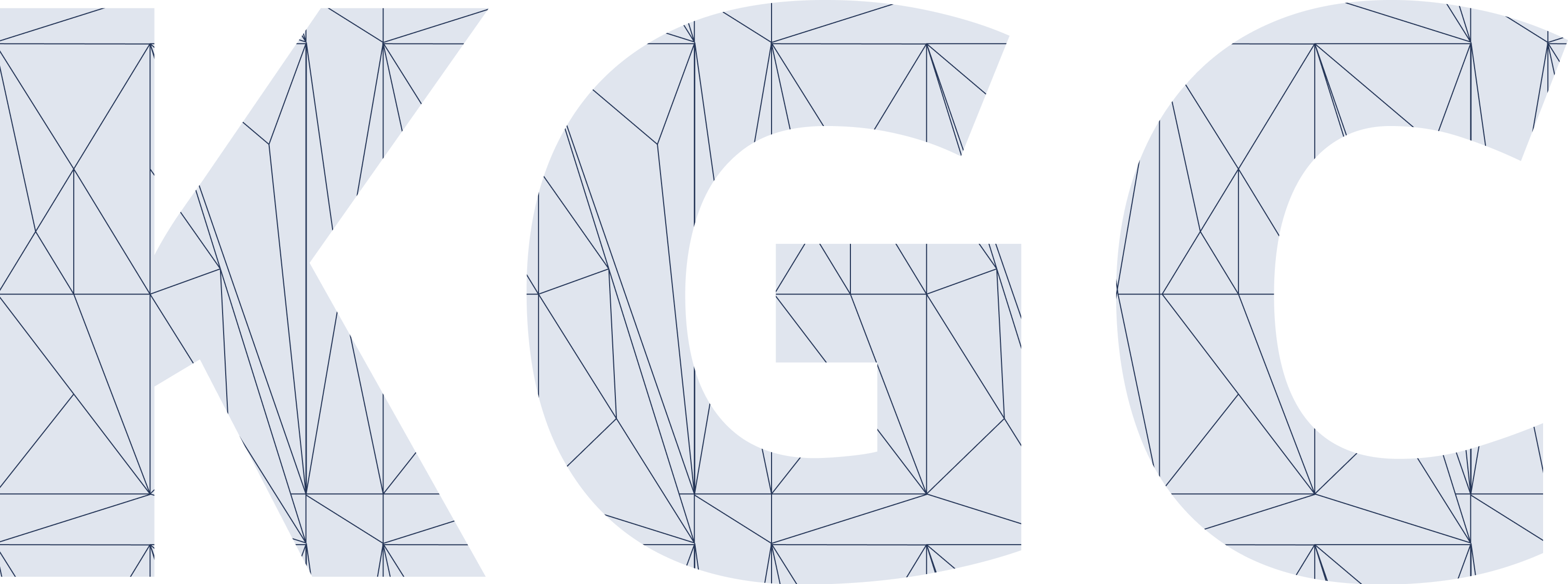Matt Gee
Matt Gee is an entrepreneur, data scientist, and researcher. He’s the co-founder and CEO of BrightHive, a public benefit corporation building data collaboratives, data trusts, and data cooperatives for networks of individuals and organizations to govern their combined data. He is also a Data and Society Fellow at the University of Chicago’s Knowledge Lab. He was the co-founder of Data Science for Social Good, which has paired over 500 data science fellows with over 150 national, state, and local government organizations and NGOs to build data-driven solutions to social sector challenges.
Matt’s work has focused on finding new ways to increase individual efficacy and equality of opportunity through the creation of new linked data and application of new tools like AI and machine learning to societal problems. He has been principal investigator on initiatives funded by the National Science Foundation, the Sloan Foundation, the Lumina Foundation, the JP Morgan Chase Foundation and others, developing new models for public-private data partnerships with nonprofit organizations, corporations, and governments. These initiatives include the Workforce Data Initiative, the T3 Innovation Network, and the Job Data Exchange. He has previously worked at the US Treasury and has founded several previous companies using data to improve society. He’s served as an advisor to Code for America, DataKind, and the World Bank. He is an open-source software evangelist and an active advocate for improving access to STEM opportunities for disadvantaged youth.
2021 Talk: Known Unknowns: Building Collaborative Data Ecosystems with Knowledge Graphs
Despite the estimated 70 zettabytes of data produced worldwide, the production and use of data is unequal and its conversion to knowledge uneven across communities and sectors. To address this data & knowledge inequality, both the public and philanthropic sectors are increasing investments in shared data infrastructure aimed at building more collaborative data ecosystems. In this talk, we’ll discuss why this matters, how knowledge graphs can help, and profile a collaborative data ecosystem where targeted investments are leading to more equitable societal outcomes. We’ll wrap up with a discussion of what the knowledge graph community can do to support the development of more equitable data ecosystems.

